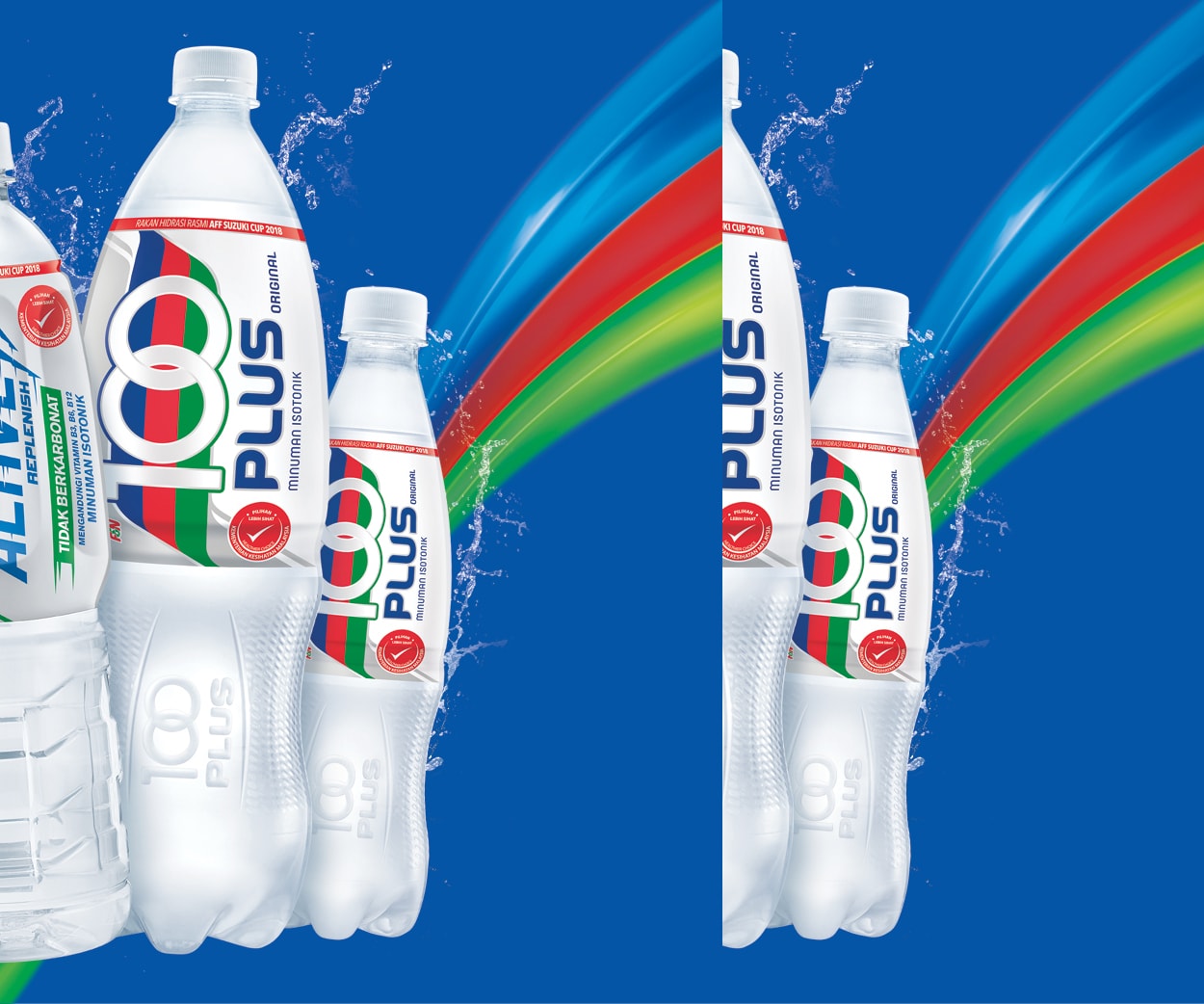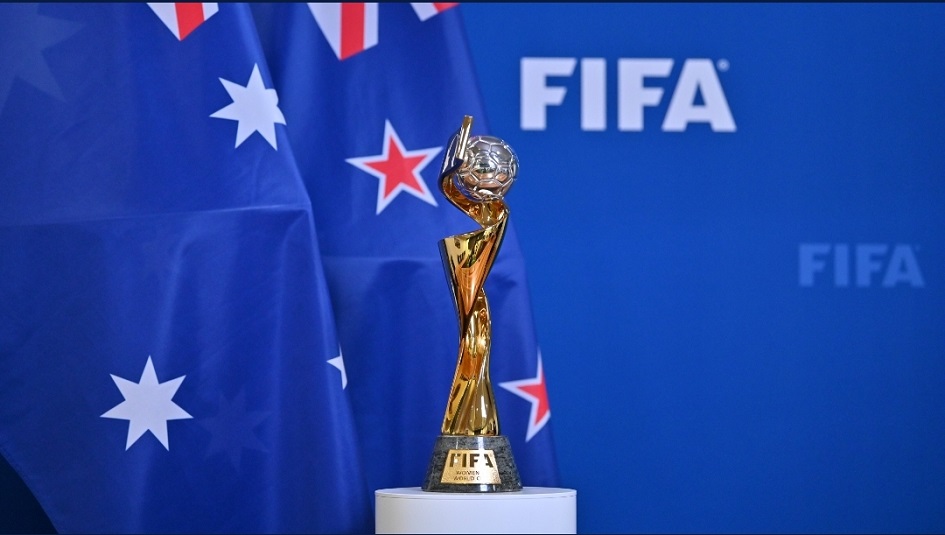The Australian Human Rights Commission, the New Zealand Human Rights Commission along with FIFA have today published a Human Rights Risk Assessment for the next FIFA Women’s World Cup, to be held in Australia and Aotearoa New Zealand in 2023.
The assessment examined the potential human rights impact of the FIFA Women’s World Cup 2023™ on players, spectators, workers and local communities in Australia and Aotearoa New Zealand.
The assessment included input from a range of stakeholders, including over 100 human rights and subject-matter experts and organisations on the appropriate treatment of workers and volunteers in the two host countries, as well as the overall safety and well-being of players, workers and spectators, to ensure an inclusive event in which everyone can participate.
Special attention was also given to the topic of safeguarding those who may be at particular risk, such as children and young people, women, indigenous communities, culturally and linguistically diverse communities, disabled people and persons identifying as LGBTQI+.
As part of the assessment, a number of recommendations across key areas were developed, including athlete rights, worker and labour rights, accessibility, social inclusion, gender equality, anti-discrimination, and safeguarding and child protection.
Joyce Cook, FIFA Chief Social Responsibility and Education Officer, said: “In line with FIFA’s continued commitment to protecting human rights and positively impacting society through football, we welcome this assessment from the Australian Human Rights Commission and New Zealand Human Rights Commission and the recommendations made for the FIFA Women’s World Cup 2023.
“Alongside ongoing FIFA programmes and initiatives in this area, including extensive work in safeguarding and child protection, this assessment is an important first step with host countries and builds on the human rights requirements already included within the bidding process.
“We look forward to our continued collaboration with both Human Rights Commissions in Australia and New Zealand, as well as other stakeholders, to ensure the next FIFA Women’s World Cup 2023 is not only safe and inclusive for everyone involved but also harnesses the unique power of football and the tournament to leave a positive and lasting social legacy.”
Australian Sex Discrimination Commissioner Kate Jenkins said: “The Australian Human Rights Commission is delighted to have collaborated with the New Zealand Human Rights Commission at the request of FIFA to ensure that human rights are embedded within the FIFA Women’s World Cup in 2023.
“The Human Rights Risk Assessment has identified a range of areas common to both host countries that can be proactively addressed as part of the planning for the FIFA Women’s World Cup 2023, such as promoting diversity and inclusion, safeguarding and child protection, and worker’s rights in the host countries and internationally.
“This assessment is an important step in ensuring that human rights are embedded throughout the tournament, that a new standard is set for mega-sporting events and that the FIFA Women’s World Cup is a safe, inclusive and enjoyable tournament for all players, workers and spectators.
“This will be an important legacy at a time when gender equality and human rights are in the spotlight around the globe.”
New Zealand Disability Rights Commissioner Paula Tesoriero MNZM (who also has responsibility for sport and human rights), said: “There are significant opportunities for FIFA to use the tournament as a platform for social change and create positive impacts by strengthening and demonstrating its commitment to indigenous and human rights.
“Building meaningful engagement and partnerships with tangata whenua, Aboriginal and Torres Strait Islander peoples is key to helping create an inclusive, equitable and diverse tournament. Through meaningful partnerships and indigenous representation, Te Ao Māori can feature at the heart of the tournament in a genuine and authentic way.”
The Human Rights Risk Assessment was conducted using the framework outlined in the UN Guiding Principles on Business and Human Rights (UNGPs), which is the authoritative global standard for addressing and preventing human rights impact associated with business activity.
The report identifies 57 salient human rights areas, assessed according to the scale, scope and remediability, in accordance with the UNGPs, as well as the likelihood of the risks arising. – www.fifa.com


































